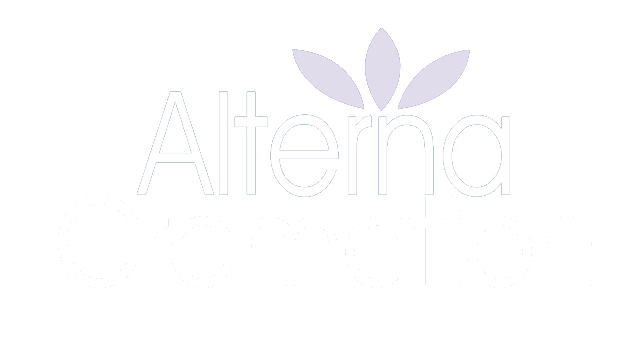When Does Cremation Happen After Funeral?
When a loved one passes away, we are inundated with powerful emotions. We are overwhelmed by our shock, our feelings, and also by the practical necessity of making arrangements for the deceased. Even in the most straightforward of circumstances, there are a lot of considerations to manage.
If you’re choosing to cremate your loved one, what does that entail for a funeral or memorial service? Often, we don’t look into such questions until the moment is upon us. So let’s take a moment here to clearly communicate some of the common considerations around cremation, funerals, and memorial services:
Funeral or Memorial Service?
Funerals and memorial services are both communal rituals that mark and honour the passing of a loved one. Though the two terms are often used interchangeably, there is one clear distinction between them. At a funeral, the body of the deceased is present. At a memorial service, no body is present (though an urn with ashes may be).
Depending on your preferences, which are often informed by culture, religion, and tradition, it may be important for you and your family to arrange a funeral with an open or closed casket. An open casket generally requires that the body be embalmed, while a closed casket does not.
Alternatively, you may feel more comfortable with a memorial service where no body is present. This option provides more time for preparation and planning; it often allows for long-distance travel arrangements and for more collaborative planning among all parties.
Cremation Timeline
A basic cremation usually happens within one to three days after death, depending on the length of time it takes for a body to be released, transported, and processed.
If a funeral takes place, the deceased is transported to the crematorium after the funeral service. If a body is embalmed, cremation may not take place for more than a week after the date of death. If the body is not embalmed, a funeral will need to take place more quickly, usually within 72 hours of death, and cremation will take place directly afterward.
Ultimately, a body can be taken for cremation immediately after death (known as direct cremation) or may be preserved for longer before being transported to the crematorium. Whether you choose a funeral service for your loved one prior to cremation will depend on many personal factors, including your own background, the wishes of your family, your timeline and budget, and, of course, the wishes of the deceased.
Making the Best Choice
There are no right or wrong choices when it comes to honouring a loved one who has passed. Whether you opt for direct cremation or cremation after a funeral, Alterna is committed to providing transparent and dignified service.
Alterna Cremation in Winnipeg believes in simple service and honest pricing, with no hidden fees. From grief support resources to assistance writing obituaries, they are ready to support families with a full complement of meaningful and transparent services.
When a death occurs, and you need somewhere to turn, turn to Alterna.






Comments